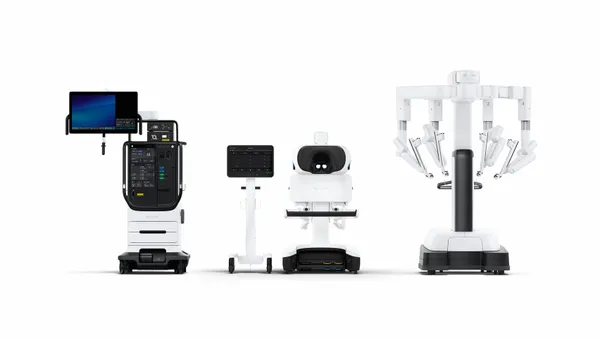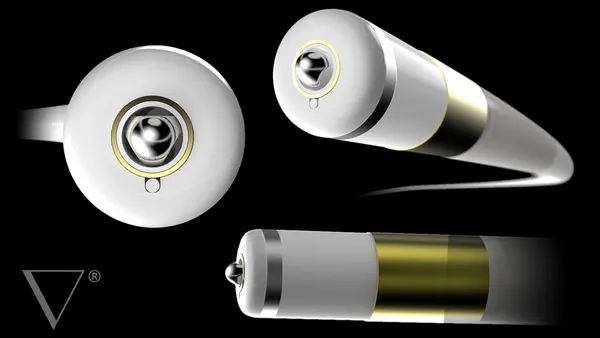Dive Brief:
- The FDA officially labeled Philips' recall of millions of sleep apnea and ventilator devices a Class I event, about one month after the company first announced the move. The agency put out two separate notices Thursday for the recall.
- Philips reported no injuries associated with device safety risks in June. However, the FDA said Thursday that over 100 injuries and 1,200 complaints have been reported for numerous products, including multiple DreamStation and SystemOne models. Another 83 complaints have been reported for malfunctions from Philips' Trilogy, Garbin Plus, Aeris, LifeVent and Bilevel positive airway pressure machines, according to a separate FDA notice.
- Rival ResMed said in a July 14 statement that the company is expanding manufacturing as there has been a "considerable increase in demand" for its products. ResMed also highlighted that Philips machines are the only devices being recalled. "I want to reassure our patients, providers, physicians, and communities that ResMed devices are safe to use and are not subject to Philips' recall," CEO Mick Farrell said in the statement. "ResMed devices use a different material than what Philips uses in their recalled machines."
Dive Insight:
Philips started pulling sleep apnea and ventilator devices from the market on June 14 due to users possibly being exposed to toxic chemicals when a foam used to limit noise made by the machines breaks down, which can result in people inhaling or swallowing foam particles. The broken-down foam can also release chemicals.
Exposure to the broken-down foam can cause serious reactions, including inflammation, headaches, nausea and vomiting, as well as adverse effects to organs and toxic carcinogenic effects, according to the FDA. The released chemicals can lead to difficulty breathing, lack of oxygen, too much carbon dioxide in the blood or toxic reactions.
FDA advised users of ventilators to speak to a healthcare professional before stopping the use of a machine.
"Alternate ventilator options for therapy may not exist or may be severely limited for patients who require a ventilator for life-sustaining therapy, or in cases where therapy disruption is unacceptable. In these situations, and in the judgment of the treating clinical team, the benefit of continued usage of these ventilator devices may outweigh the potential risks identified in the recall notification," according to an FDA notice.
A Philips spokesperson said in an emailed statement that first-generation DreamStation products, which are used to treat sleep apnea, account for the majority of the devices being recalled.
Philips expects approximately €500 million ($606 million) in costs related to the issues — the €250 million projected in June's announcement is in addition to a €250 million hit recorded in the first quarter. A company spokesperson said in the emailed statement that the recall affects 3 million to 4 million devices, over half of which are in the U.S.
The company's stock price has dropped by nearly 17% since the recall was announced. Meanwhile, ResMed's stock price has jumped by about 18%, and Baird analysts projected the recall could lead to a $100 million to $300 million opportunity for the company.
Philips is scheduled to report second-quarter earnings results on July 26, and ResMed is scheduled to release its fourth-quarter earnings results on Aug. 5.
A ResMed spokesperson said in an emailed statement the company will provide an update on product sales as well as current and expected future impacts on the business during the August earnings call.
This article was updated to include ResMed’s statement.













